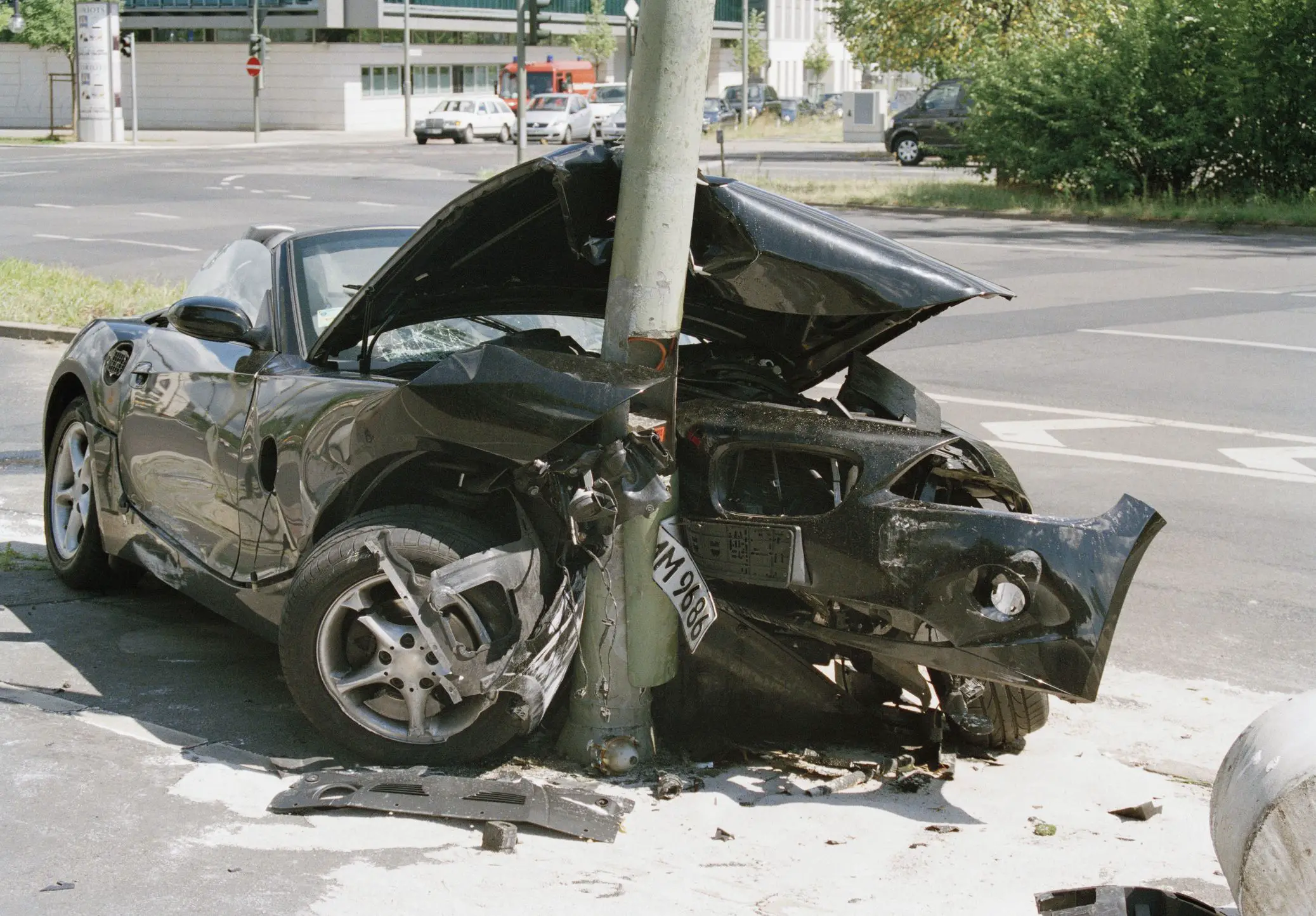Last Updated on February 5, 2024 by John Robinson
In the present day, cars have become an essential means of transportation across the United States. Whether you need to get to work, pick up groceries, or run an errand across town, it’s likely that you will drive to your destination. Driving offers a relatively convenient way for people to get to where they need to be, but it is not entirely without risk. The California Department of Motor Vehicles states that most drivers will experience at least one car accident in their lifetime, even if they always exercise caution behind the wheel.
Oftentimes, car crashes are unavoidable situations caused by weather conditions, the actions of other drivers, dangerous or poorly maintained roads, or other external factors. Regardless of how a car accident occurs, a high-speed collision is capable of causing serious physical harm and massive property damage. In some cases, one or more of the vehicles involved in the crash may be totaled. In this article, we explain what it means when a car is declared totaled, how a vehicle may suffer such damage, and what steps you should take if you experience a serious crash.
What is a “Totaled” Car?
A car is considered a “total loss” (or “totaled”) when the cost of repairing it after an accident exceeds the vehicle’s value. In most cases, your insurance company will have your damaged motor vehicle inspected in the aftermath of a crash to weigh the cost of repairs against the vehicle’s value. Each state has different laws regarding totaled vehicles, but many insurance providers will consider a vehicle officially totaled when the cost of repairs and salvage value combined equal or exceed the car’s actual cash value.
What Situations Can Cause a Motor Vehicle to Become Totaled?
As one might expect, the majority of totaled cars are damaged in collisions. Some of the most commonly encountered types of crashes include:
- Rear-end collisions
- Side-impact collisions
- Rollovers
- Multi-car crashes
- Hit-and-run incidents
- Wrong-way crashes
Although collisions are by far the most common cause of serious vehicle damage, there are other ways in which your car may suffer substantial damage. Say, for example, that a neighbor is having a tree in front of his house cut down by inexperienced contractors and they accidentally bring the tree down on top of your parked car. This could easily cause enough damage to your vehicle that the cost of repairs would substantially exceed the car’s value. Other non-crash causes of vehicle damage include:
- Major defects or design flaws
- Car fires
- Natural disasters, such as flooding or earthquakes
- Hauling excessive weight over a prolonged period of time
Is it Possible to Repair a Totaled Car?
In some cases, it may be possible to fix a totaled car. After all, the designation of “totaled” focuses primarily on whether or not it is economically feasible for an insurance company to cover the cost of repairs for a vehicle that has suffered moderate or severe damage. With that said, an insurance company will almost always only cover the value of the totaled vehicle – they will not cover the full sticker cost of making your totaled vehicle safe for the road. As such, repairing a totaled vehicle can be quite pricey, depending on the extent of the damage.
When it comes time to decide whether you’d like to have your totaled vehicle repaired, some things to keep in mind include:
- The cost of repairs: In most states, you will receive a salvage title after your car has been totaled. Usually, vehicles with a salvage title may not legally be driven on public roads. In order to drive your damaged vehicle again, you will need to get it repaired and inspected, which will earn you a “rebuilt” title. The cost of repairs can vary significantly, but you may be looking at thousands of dollars in work, especially if the vehicle’s frame has been damaged.
- The feasibility of repairs: In some cases it may be impractical or even impossible to fix a totaled car. A vehicle with catastrophic frame damage, a wrecked transmission, or compromised structural integrity may not be able to be repaired to safely take to the road again.
- Potential challenges securing insurance: Even if your vehicle is technically repairable, you may experience challenges securing an insurance policy on a car that has been rebuilt. The quality of repair work done can have a substantial effect on the vehicle’s lifespan and future value, which prompts many insurance providers to limit their policy options for cars that have been repaired after being totaled.
Steps to Follow After a Car Accident
Car accidents are traumatic and frightening experiences, even for drivers with considerable experience. The car accident attorneys at Tiano O’Dell, PLLC, put together the following list of steps to take after a motor vehicle accident to help you protect yourself and your loved ones.
- Seek medical assistance: Even if you or your passengers did not seem to suffer serious injuries in the collision, seek medical attention as soon as possible. Car crashes can cause serious internal injuries that may take hours or days to become noticeable. Visiting a doctor as soon as possible after a crash helps discount the possibility of long-term medical complications.
- Call 911: As soon as safely possible, call 911. Depending on the severity of the crash, there may be a response from local law enforcement, paramedics, firefighters, or a combination of emergency services.
- Gather evidence: Take photographs of the accident scene, paying particular attention to vehicle damage, injuries sustained, and anything around the crash that may have contributed to the situation. If there were witnesses, take down their contact information. Write down what you remember of the accident as soon as possible, before your memories of the incident begin to fade.
- Report the accident: Call your insurance provider to report the crash. You do not need to go into detail regarding the incident, but most providers require you to notify them of the accident within a few days. It is not recommended to admit to any blame for the collision, as there may have been contributing crash factors that you are unaware of.
- Speak to a lawyer: Call a local car accident attorney that is familiar with your state’s laws and that has experience handling similar cases. They will be able to advocate for you as the legal process unfolds.
If you find yourself in a crash that results in a totaled car, the most important thing to do is make sure that you and any other victims are ok, both physically and mentally. We hope this article helps you deal with the aftermath of a totaled vehicle and get back on the road as quickly as possible.


